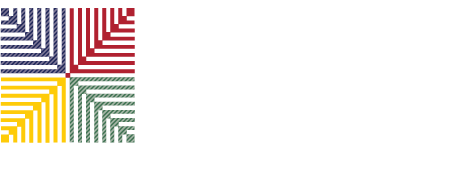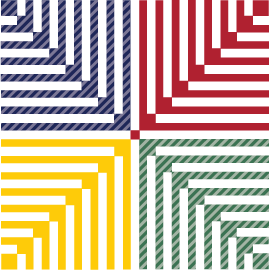Sayadeen (Fishermen) by Murat Gökmen was shot in less than two hours, one early morning in the summer of 2012, within the heavily policed, blockaded 3-mile coastal enclave of the Gaza coast. With careful simplicity, Gökmen explores the debilitating obstacles fishermen there face to perform their trade in a body of water heavily – and more often then not – violently patrolled and virtually empty of viable sea life.


BPFF: Where did you get the idea for making this film? What was the inspiration?
MG: I was doing videos for The Palestinian Festival of Literature (PalFest), and we were in Gaza in 2012. One night, these flashlights come up in the sea and I asked what they were, and someone told me that they were to show where the three-mile border was. I had seen the fishing boats, and I realized how they survive — and that’s how I first saw the real sea border. I got talking to someone on the beach named Ra’id, and I asked him if he would be able to introduce me to other fishermen. I met him at 5:30 the next morning and went around with his speedboat to interview whoever we could. That was it – just one and a half hours on a speedboat.
BPFF: Why did you choose to focus on the fisherman?
MG: I was thinking that whilst I was in Gaza, it was an opportunity that doesn’t come up very often. And actually it hasn’t come up since, it’s nearly impossible to get in now. It’s difficult for independent filmmakers to get in. I knew I wanted to do something outside the festival, and that seemed like a very important thing to cover. I thought it was important to show something people haven’t seen — people are familiar with the land borders, but perhaps not as much with the fact that even the sea is taken away from [Palestinians]. It was a clear story, a simple problem. It isn’t tied win with other complex issues for people to understand — it’s just the fact that they don’t have enough space to fish. This seemed simple way of talking about wider issues.
I think people find it quite hard to empathize with people from Gaza. But when you have something like sea, a lot of us can identify with that. The fact that the sea has been taken away from the fishermen – it’s quite a poignant thing and it’s something that people can identify with. Fishing is one of those trades that is ancient, and perhaps that’s why it resonates. It’s just not viable to fish that close to shore for people to make a living off of the sea.
BPFF: What was the biggest challenge during the actual process of filmmaking?
MG: To be honest, language was the most challenging thing. But I had someone who was working on PalFest, a PalFest coordinator, who agreed to help me. She was with me on the boat. My ex-girlfriend was also there, helping with the sound kit.
BPFF: Can you talk about the Bakr family, who were the main subjects of the film?
MG: Most of the fishermen that you see in the film are from the [Bakr] family. They’re the biggest fishing family in Gaza as far as I’m aware. They own a lot of the boats. In the film, the captain of the big trawler that you see is from the Bakr family… the old guy is, all of the young guys in the truck at the end. I think the only guy in the film who wasn’t from the Bakr family was the guy rowing by himself.
BPFF: The film is dedicated to the Bakr boys, who were killed this summer by an Israeli missile strike while they were playing on the beach. This must have been extremely emotionally challenging as a filmmaker to watch from afar after knowing them. Can you talk about the dedication you made to those boys?
MG: When I found out it was very emotional for me. I checked and saw that they were from the fisherman family, and looked at pictures to see if I recognized them. The film had a lot of festival appearances [when it came out in 2012], but I think you’re limited to a degree with festivals, you don’t have much online distribution. I wanted people to see it. When I found out about this, I thought, “That’s it, I have to put it on YouTube. I don’t care.” So I put it on YouTube and I let it be out there. It was also a way to acknowledge the fact that these fishermen gave up their time and they opened up to me within a very short period of time. They were trusting of me right from the beginnings; they never second guessed my motivations. I just said I was Turkish, and that was enough for them.
I also felt that it was an opportunity to give more of a context to these boys, because I feel as though a lot of the time you hear names and things like that, but there’s not context to them. I think if you see where they’re from and who their family is, it makes more of an impact. As a filmmaker, you want to do that. It felt like the right thing to do.
–Alia Gilbert for BPFF
Sayadeen screens as part of the thread of repeating shorts throughout BPFF2014 dedicated to the extraordinary resilience of the Palestinians in Gaza. View full schedule and buy tickets here.

